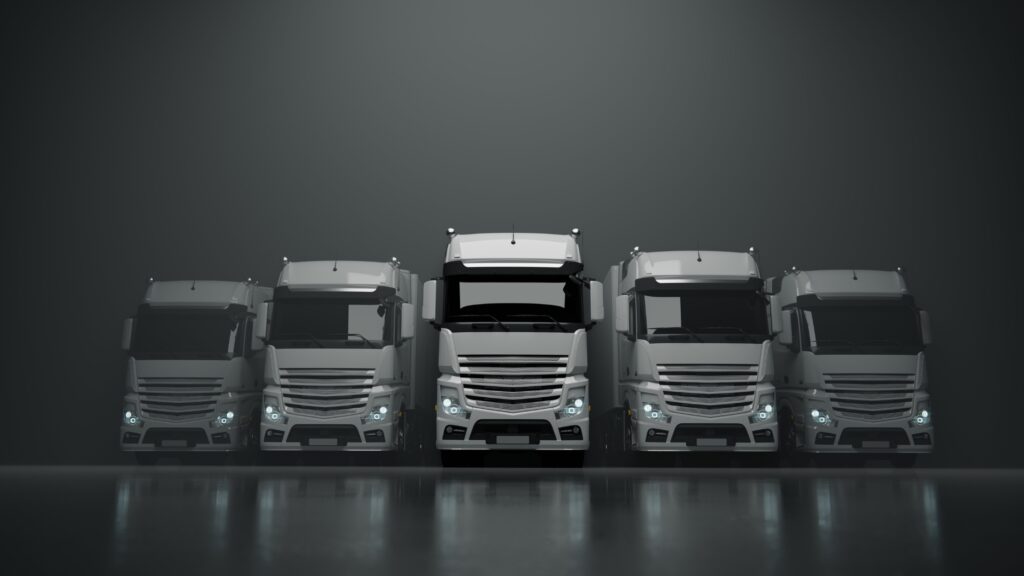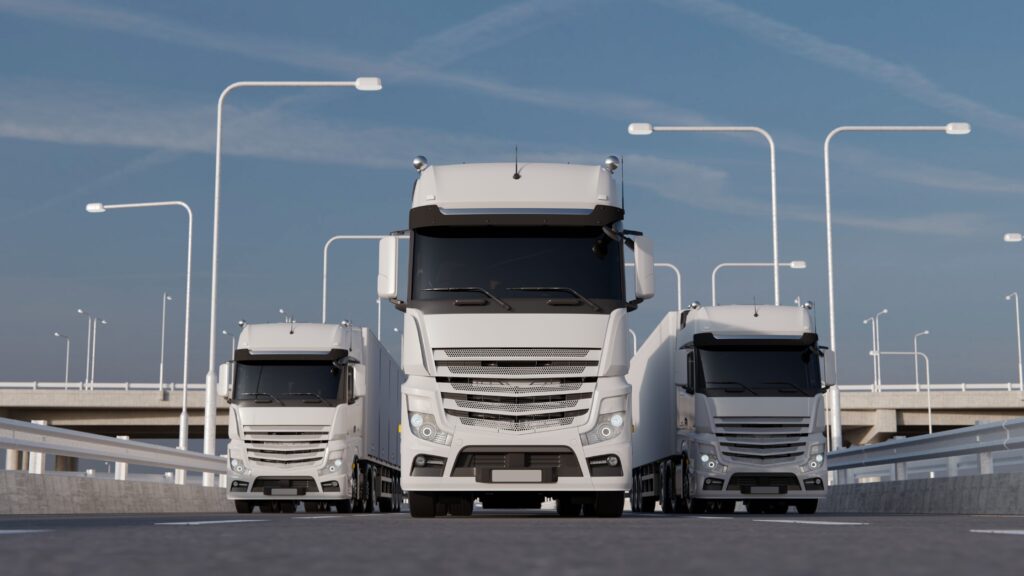The fleet industry is undergoing a rapid transformation. With advances in technology, shifting economic pressures, and growing sustainability goals, managing a fleet of vehicles is no longer just about keeping them on the road. It’s about making smarter, faster, and more cost-effective decisions while navigating an increasingly complex landscape.
This article explores the challenges and changes in today’s fleet world, while highlighting smart solutions shaping the future of fleet operations.

Understanding the Fleet Industry Today
The fleet industry encompasses a broad network of commercial vehicles used for transporting goods, delivering services, or moving personnel. Businesses across logistics, retail, healthcare, and construction rely heavily on efficient fleet operations.
Historically, fleet management focused on basic tasks—vehicle acquisition, maintenance, and fuel tracking. However, modern demands have pushed companies to adopt more advanced, data-driven systems. These systems not only streamline operations but also ensure compliance, reduce environmental impact, and support real-time decision-making.
Moreover, today’s fleets are expected to be more flexible and scalable. Companies must prepare for changes in demand, sudden logistical challenges, and ongoing cost fluctuations—all while maintaining service excellence and driver safety.
Key Challenges Facing Fleet Operations
While the sector continues to grow, it faces a number of operational and economic hurdles that demand attention.
1. Increasing Operating Costs
Fleet managers must juggle rising fuel prices, insurance premiums, and vehicle repair expenses. If not managed effectively, these costs can severely impact profitability.
2. Regulatory Complexity
New safety laws, environmental standards, and digital compliance tools require constant monitoring. Non-compliance isn’t just risky—it’s costly.
3. Staff Shortages
There is a growing shortage of qualified drivers and mechanics. Retention efforts must now include better working conditions, more training, and ongoing support.
4. Lack of Real-Time Visibility
Without instant insight into vehicle locations and driver behavior, companies struggle to optimize routes, reduce idle time, and maintain accountability.
5. Fragmented Systems
Many businesses still operate across disconnected spreadsheets, outdated tools, and manual tracking. This fragmentation leads to errors and slows down decision-making.

Smart Solutions Transforming Fleet Management
To address these challenges, many fleet operators are turning to intelligent, technology-driven platforms. These solutions offer more than basic tracking—they deliver real-time visibility, control, and automation.
A. Real-Time Vehicle Monitoring
Advanced telematics systems enable companies to monitor location, fuel usage, and vehicle health—all in real time. This helps reduce waste, avoid breakdowns, and improve on-road performance.
B. Predictive Maintenance
Smart diagnostics tools can forecast mechanical issues before they escalate. This not only prevents unplanned downtime but also extends vehicle life.
C. Driver Behavior Analysis
Monitoring driving habits—such as speeding, harsh braking, or idle time—helps reduce risks, cut fuel use, and support safer, more efficient practices.
D. Route Optimization & Scheduling
Intelligent route planning tools minimize fuel use and improve delivery timing. These systems adapt quickly to traffic, weather, and delivery changes.
Modern Fleet Management Feature Comparison
| Feature | Operational Impact |
| Telematics & live tracking | Boosts efficiency and control |
| Fuel card integration | Simplifies cost tracking |
| License & insurance checks | Ensures driver compliance |
| Digital accident management | Speeds up claims and repair processes |
| Pool car logistics | Reduces vehicle redundancy |
The Role of Sustainability and EV Transition
Sustainability is no longer a bonus—it’s a business imperative. Regulatory pressures and public expectations are pushing companies to reduce their environmental footprint.
- Why Fleets Must Go Electric
Electric vehicles (EVs) offer significantly lower emissions, minimal maintenance, and substantial fuel cost savings. For many fleets, these benefits outweigh the initial investment.
- Long-Term Financial Benefits
Although EVs can be more expensive upfront, lower running costs and tax incentives result in real savings over time. Reduced reliance on fossil fuels also protects businesses from market volatility.
- Infrastructure Considerations
Transitioning to EVs involves more than just buying new vehicles. Charging stations, driver training, and service partnerships must be integrated into daily operations.
In addition, some governments offer grants or rebates for EV infrastructure, which can make the transition more feasible for mid-sized and growing fleets.
Strategic Fleet Operations: What Businesses Need to Prioritize
Adopting smarter practices isn’t just about adding tools—it’s about aligning people, processes, and technology for long-term success.
1. Centralized Operations Platforms
Consolidating data and systems into one dashboard enables easier oversight, better decision-making, and seamless integration with accounting and HR teams.
2. Focus on Data Analytics
Regularly analyzing cost per mile, vehicle ROI, and driver performance reveals actionable insights that guide smarter investments.
3. 24/7 Operational Readiness
Unexpected events happen. Businesses must ensure support systems—like accident management, vehicle delivery, and emergency hire—are always active.
4. Proactive Driver Support
Incentivizing good driving habits and maintaining open communication builds trust, improves morale, and reduces turnover.
5. Long-Term Scalability
With the fleet industry changing rapidly, businesses should plan for scalable systems that support growth, flexibility, and global expansion if needed.

Conclusion
As technology, costs, and expectations evolve, so must the approach to fleet operations. Businesses in the fleet industry can no longer afford to operate without strategic oversight and intelligent systems. The future belongs to fleets that are adaptable, sustainable, and insight-driven.
One company aligning with these principles is Fleet Specialists, offering full-spectrum services designed to modernize fleet operations without overwhelming teams. With the right systems in place, any fleet—regardless of size—can thrive in today’s demanding environment.
FAQs
Q1. What is the main focus of the fleet industry today?
A. The fleet industry is shifting toward smarter, tech-enabled operations that prioritize efficiency, safety, and sustainability.
Q2. How can companies reduce fleet operating costs?
A. Through route optimization, fuel card systems, predictive maintenance, and better driver behavior tracking.
Q3. Why are electric vehicles important for fleets?
A. EVs reduce emissions, offer cost savings, and align with environmental regulations and corporate responsibility goals.
Q4. What tools improve modern fleet management?
A. Telematics, digital dashboards, license tracking, expense monitoring, and accident handling are key components.

